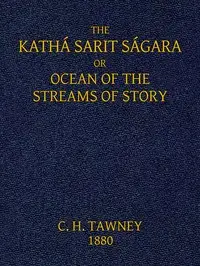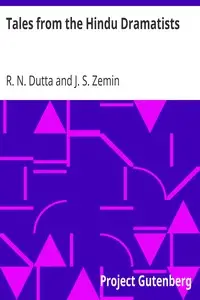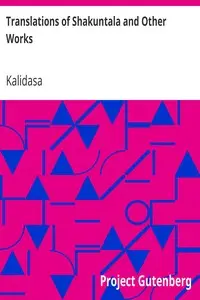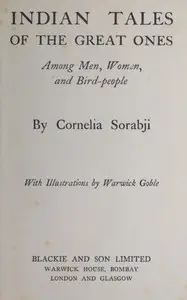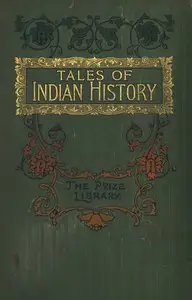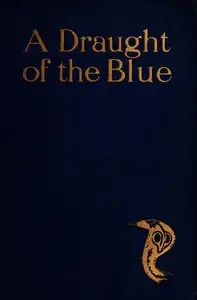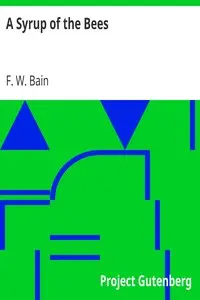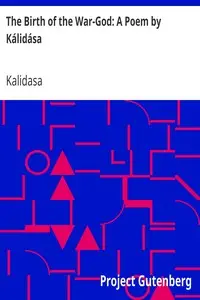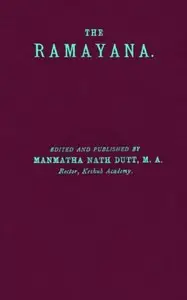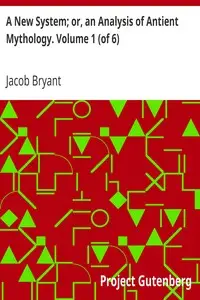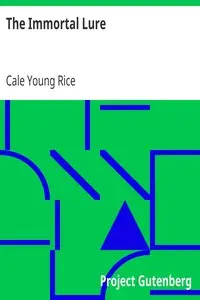"The Kādambarī of Bāṇa" by Bāṇa is an ancient Sanskrit romance celebrated for its elaborate plot and detailed language, telling of a king, a maiden, their lovers, and their reincarnated lives. The story begins with a talking parrot who tells King Çudraka the epic tale of Kadambari, marking the start of the characters' entwined destinies. Their connected lives tell a story and weave through themes of destiny, incomplete longing, and sacrifices. The parrot’s story then unfolds, highlighting love across multiple existences, thus capturing the attention of the court and immersing them and the reader in a world of myth and legend.
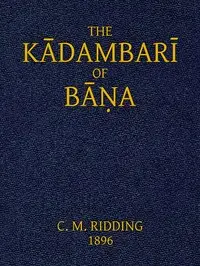
The Kādambarī of Bāṇa
By Bāṇa
Across lifetimes and interwoven destinies, a king and a maiden are at the center of an epic tale of devotion.
Summary
About the AuthorBāṇabhaṭṭa was a 7th-century Sanskrit prose writer and poet from India. He was the Asthana Kavi in the court of the Emperor Harsha, who reigned c. 606–647 CE in northern India, first from Sthanvishvara, and later Kanyakubja. Bāna's principal works include a biography of Harsha, the Harshacharita, and one of the world's earliest novels, Kadambari. Bāṇa died before finishing the novel and it was completed by his son Bhūṣaṇabhaṭṭa. Both these works are noted texts of Sanskrit literature. The other works attributed to him are the Caṇḍikāśataka and a drama, the Pārvatīpariṇaya. Banabhatta gets an applause as "Banochhistam Jagatsarvam" meaning Bana has described everything in this world and nothing is left.
Bāṇabhaṭṭa was a 7th-century Sanskrit prose writer and poet from India. He was the Asthana Kavi in the court of the Emperor Harsha, who reigned c. 606–647 CE in northern India, first from Sthanvishvara, and later Kanyakubja. Bāna's principal works include a biography of Harsha, the Harshacharita, and one of the world's earliest novels, Kadambari. Bāṇa died before finishing the novel and it was completed by his son Bhūṣaṇabhaṭṭa. Both these works are noted texts of Sanskrit literature. The other works attributed to him are the Caṇḍikāśataka and a drama, the Pārvatīpariṇaya. Banabhatta gets an applause as "Banochhistam Jagatsarvam" meaning Bana has described everything in this world and nothing is left.

